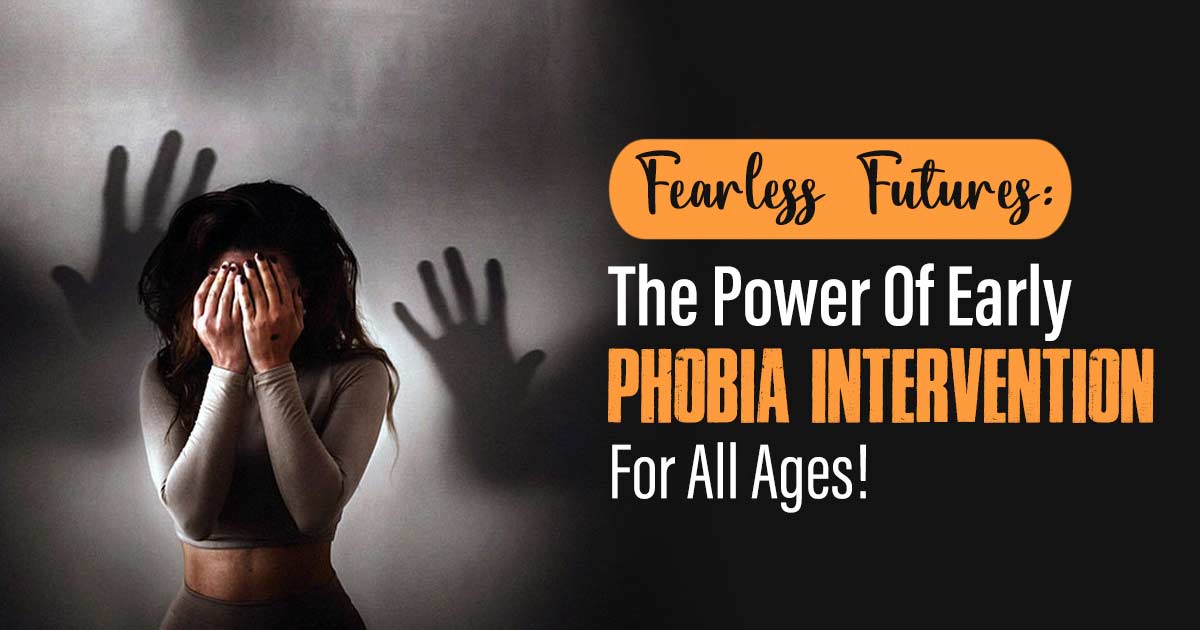Phobias, characterized by intense and irrational fears of specific objects, situations, or animals, are common in childhood. These fears can have a profound impact on a child’s emotional well-being, social development, and overall quality of life.
Recognizing and addressing phobias early in childhood is essential to mitigate their negative consequences and promote healthy development.
Phobias in childhood can take various forms, ranging from a fear of spiders (arachnophobia) and heights (acrophobia) to more specific phobias like fear of the dark (nyctophobia) or social phobia. These fears often emerge during early childhood and can become particularly distressing for both the child and their caregivers.
One of the primary reasons to address childhood phobias early is their significant impact on emotional well-being. Children with untreated phobias may experience extreme anxiety, panic attacks, and nightmares related to their fears. These emotional disturbances can lead to long-lasting psychological distress.
Phobias can also have far-reaching social and academic consequences. Children with phobias may avoid certain places, activities, or social interactions, leading to social isolation and missed educational opportunities. Addressing phobias early can prevent these detrimental effects on a child’s social and academic functioning.
Children with phobias often develop avoidance behaviors to cope with their fears. Over time, these avoidance behaviors can become deeply ingrained, making it more challenging to treat the phobia later in life. Early intervention can help prevent the development of these counterproductive coping mechanisms.
Early intervention also provides an opportunity to teach children effective coping strategies and relaxation techniques. These skills empower children to manage anxiety and fear not only related to their phobias but also in other aspects of their lives, contributing to overall emotional resilience.
Phobias can sometimes lead to other mental health issues, such as depression or generalized anxiety disorder. Addressing phobias early in childhood can help prevent the development of these secondary problems, reducing the overall burden on a child’s mental health.
Phobias tend to respond well to early treatment. The longer a phobia persists, the more challenging it becomes to treat. Early intervention increases the likelihood of successful treatment outcomes, allowing children to overcome their fears more effectively.
Parents and caregivers play a vital role in helping children cope with their phobias. Addressing phobias early in childhood enables parents to provide the necessary support and guidance to help their children overcome their fears, fostering a stronger and healthier parent-child relationship.
Addressing phobias early in childhood is fundamental to promoting a child’s mental and emotional well-being. It allows children to navigate the critical stages of development without the burden of irrational fears and anxiety, fostering a happier and more fulfilling childhood and adulthood.


